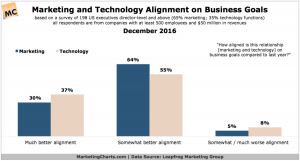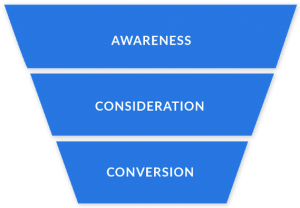U.S. consumers spent $12.4 billion on Cyber Monday, up 9.6% YoY, demonstrating that consumers are willing to wait for substantial discounts.
Questions about consumer reluctance and lackluster discounts were answered by strong Cyber Week numbers this year. Over the five days from Thanksgiving to Cyber Monday online shoppers spent $ 38 billion total, up 7.8% year-over-year.
Cyber Monday itself was a record breaker with U.S. consumers spending $ 12.4 billion, up 9.6% year-over-year, according to Adobe Analytics ecommerce data. Online sales peaked from 10 p.m. to 11 p.m. EST, when customers spent $ 15.7 million every minute.
Cyber Week. “The 2023 holiday shopping season began with a lot of uncertainty, as consumers shifted their spending to services, while dealing with rising costs across different facets of their lives,” said Vivek Pandya, lead analyst, Adobe Digital Insights, in a release. “The record online spending across Cyber Week, however, shows the impact that discounts can have on consumer demand, especially with quality products that drove a lot of impulse shopping.”
Inflation down. Big sales numbers weren’t just due to higher prices. Ecommerce prices were down 6% year-over-year in October 2023, according to the Adobe Digital Price Index, which tracks online prices in 18 categories.
Discounts. For Cyber Monday, solid discounts were found across major categories, Adobe Analytics found. For instance, discounts on electronics peaked at 31% off the listed price (versus 25% in 2022). Computers were discounted 24%, apparel 23%, appliances 18% and sporting goods 15% — all moderately higher discounts than last year.
Furniture was discounted at 21%, much higher than last year when the category only received 8% off the listed price. Discounts for toys, conversely, came in under last year’s discounts — 27% this year versus 34% in 2022.
Black Friday. U.S. online sales on Black Friday totaled $ 16.4 billion, up 9%, according to Salesforce, with discount rates up as high as 30%. Adobe Analytics measured YoY growth at 7.5% — slightly lower — and sales at $ 9.8 billion for Black Friday.
On Black Friday, online sellers saw total orders up 5% YoY and gross merchandise volume up 6%, according to ecommerce platform BigCommerce. Average order volume was up slightly at 1% YoY.
Online customers were up early to snag deals. Digital transactions were up 10% in the first 10 hours of Black Friday 2023 from the previous year, according to digital campaign platform Criteo. Between 9 a.m. and 10 a.m. EST, transactions were up 25.9% YoY.
Delivery or pickup? Throughout Cyber Week, 80% of online orders opted for standard delivery while 12.7% utilized curbside pickup, if those options were offered, according to Adobe Analytics.
Consumers likely were avoiding big in-store shopping crowds as 24% of BOPIS (buy online, pickup in-store) surged 20% over an average shopping day, Salesforce found. On Black Friday alone, 24% of online orders were BOPIS, according to Salesforce.
In-store traffic. In-store shopper visits were up 4.6% over Black Friday 2022, according to Sensormatic Solutions, a global retail solutions portfolio by Johnson Controls.
This is notable because foot traffic has been down 2.4% annually thus far in 2023, Johnson Controls found.
Why we care. These numbers confirm that the holiday season is full steam ahead. Despite an early start to holiday shopping with Amazon promotions in October, consumers are seeing real discounts now and showing why they were willing to wait for them.
The post Strong Cyber Week sales show consumers are willing to spend appeared first on MarTech.
MarTech(2)







